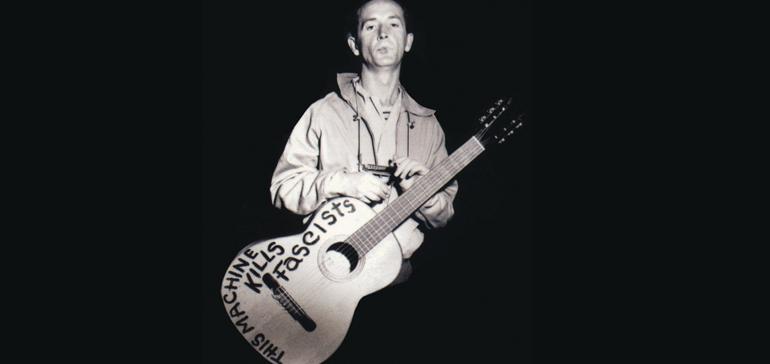Historic and Modern Protest Music
Modern protest music has deep roots, emerging from centuries of marginalized and oppressed communities sharing their stories. This genre typically features stripped-down compositions—often just a voice with simple percussion or strings—that evoke the essence of folk tunes and spirituals.
As political regression in the U.S. brings forward issues of bigotry, racism, sexism, and homophobia, protest music has seen a resurgence as artists use it to combat these ideologies. The origin of American protest music can be traced back to the Great Depression, the Jim Crow era, and the Civil Rights Movement, with figures like Billie Holiday, Nina Simone, Woody Guthrie, and Bob Dylan raising voices against systemic injustice.
In a newly discovered song, Guthrie critiques the racist practices of Donald Trump’s father, highlighting how past grievances persist in contemporary politics. This echoes sentiments found in today’s environment, reminiscent of the rise of fascism pre-World War II.
Contemporary artists like Jesse Welles and Crys Matthews continue this legacy, addressing current sociopolitical issues through folk music. Welles’s songs tackle topics like the genocide in Gaza, while Matthews discusses movements such as Black Lives Matter and LGBTQIA+ rights. Rhiannon Giddens, a notable figure in modern protest music, revitalizes American blues and folk, using her platform to keep alive the history of oppression and push for unity and resistance in current contexts.



